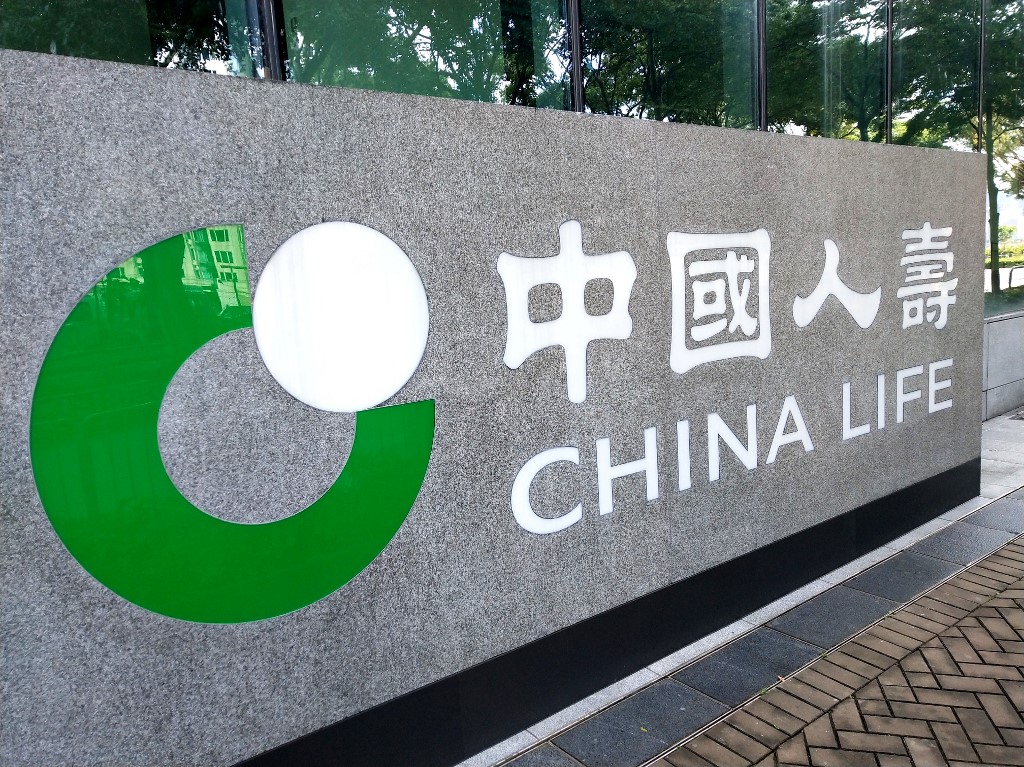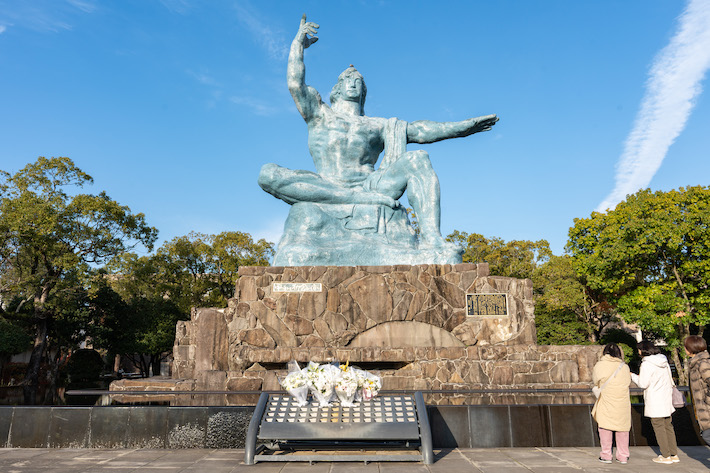Corruption levels are at a worldwide standstill as governments focus on the coronavirus pandemic, according to the latest Transparency International (TI) index released on Tuesday.
The 2021 Corruption Perceptions Index (CPI) ranks 180 countries and territories around the world by their perceived levels of public sector corruption. The results are given on a scale of 0 (highly corrupt) to 100 (very clean).
While Asia-Pacific countries have made strides in controlling bribery for public services, an average score of 45 out of 100 on the CPI shows much more needs to be done to solve the region’s corruption problems.
“Some higher-scoring countries are even experiencing a decline as governments fail to address grand corruption, uphold rights and consult citizens,” TI said in an accompanying commentary.
The top performers in Asia-Pacific are New Zealand (88), Singapore (85) and Hong Kong (76).
Asian states among worst performers
However, most countries sit firmly below the global average of 43. This includes three countries with some of the lowest scores in the world: Cambodia (23), Afghanistan (16) and North Korea (16).
Among those with weak scores are some of the world’s most populous countries, such as China (45) and India (40), and other large economies such as Indonesia (38), Pakistan (28) and Bangladesh (26).
“A concerning trend across some of these nations is a weakening of anti-corruption institutions or, in some cases, absence of an agency to coordinate action against corruption,” TI said.
TI said China’s 9-point gain (from 36 to 45) since 2014 reflects top-down controls and a clampdown on some of the most brazen forms of corruption that deter investment and economic growth.
“However, new forms of corruption have started to emerge, TI said. These include collusion, where high-level officials use their powers to redistribute formerly state-owned assets to themselves and politically-connected firms.
India ‘worrying’
India was particularly worrying, TI said. “While the country’s score has remained stagnant over the past decade, some of the mechanisms that could help rein in corruption are weakening.”
It noted that journalists and activists are particularly at risk and have been victims of attacks by police, political militants, criminal gangs and corrupt local officials.
- George Russell
READ MORE:
Hangzhou Party Chief Expelled Over Corruption Charges
China Life Insurance Chief Investigated by Graft Watchdog
Najib gets 12 years jail for corruption in first 1MDB trial
























